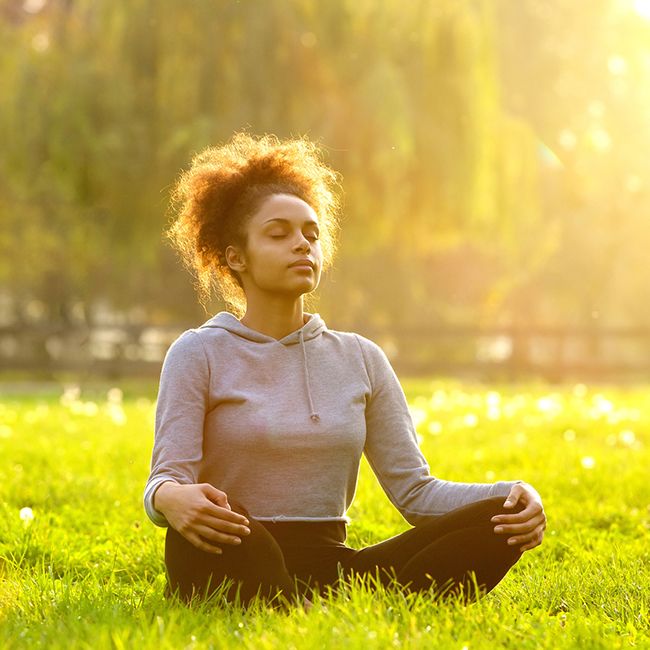Mental health isn’t always a hot topic within the black community. It is usually “frowned upon” when someone shares his or her feelings. It tends to be seen as “telling all of your business” and you are often given suggestions to seek religious/spiritual guidance or to “remain strong.” This can be particularly problematic because according to the U.S. Department of Health and Human Services Office of Minority Health, “African Americans are 10% more likely to report having serious psychological distress than Non-Hispanic whites.”
Recently, mental health has been discussed more within our community, including Chance the Rapper opening up about anxiety. It is now time to open up about our mental health, share how we are feeling, and provide support to others in our community. Check out these ways to provide mental health support for your loved ones.
Create a safe space
It is important to create a safe space for loved ones who are seeking support. Creating a comfortable and judgment free zone will allow them to be fully transparent. They may be able to communicate their feelings and will seek support from you. Limit distractions in this comfortable environment so your loved one will know that you are solely focused on them and want to help.
Practice self care
Self-care sessions have been super trendy this year and are often associated with beauty rituals, but self-care is not about using bath bombs and applying a face mask. It allows you to take a step back and understand that you need to care for yourself. Take the time to fully invest in yourself and whatever makes you happy. You can read, write, meditate, watch your favorite movies, or even paint. Make yourself a priority and try not to reschedule your self-care sessions. How come? If When you continue to reschedule your self-care sessions, you are not making yourself a priority. Remember, we are important too!
Seek help
This is the time to be honest and evaluate if you need to seek help. If you need the support of your family or friends, reach out to them to assist with getting the help that you need. Professional assistance is also optional and should be considered as well. Seeking help does not make you weak or vulnerable. It shows that you are strong enough to realize that you need more assistance than you are able to provide and that deserves applause. Keep your head up sunshine, you got this.
If you or someone you know needs assistance, call the National Suicide Prevention Lifeline at 1-800-273-8255. If you are outside of the U.S., please visit the International Association for Suicide Prevention for additional resources.

